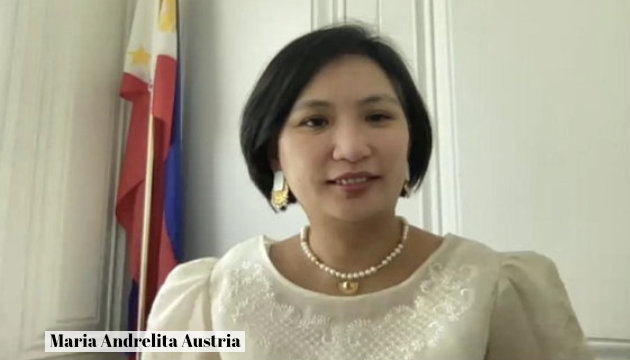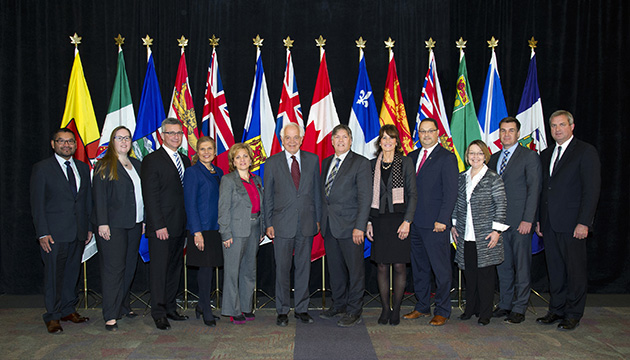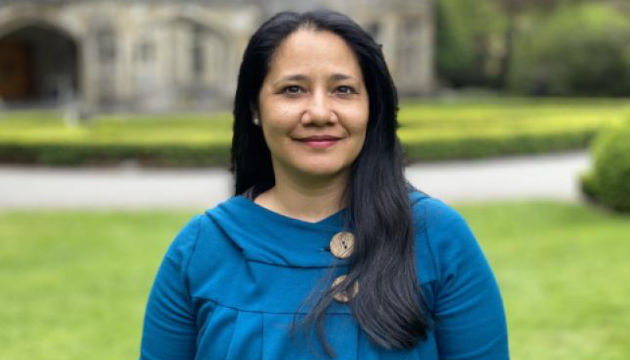The results of the May 13 elections confirmed the early survey results.
Duterte’s allies dominated the election while there was a complete shutout (a “massacre” according to an Inquirer columnist) of the opposition which included incumbent senator Bam Aquino, former presidential candidate Mar Roxas, and two heirs of illustrious names in Philippine politics, Chel Diokno and Erin Tanada. Five of the incumbent senators led by Cynthia Villar, include Grace Poe, Edgardo Angara, Aquilino Pimentel Jr. and Nancy Binay also won their reelection bids. The rest of the winners were Go Bong Go, Pia Cayetano, Bato dela Rosa, Lito Lapid, Imee Marcos, Francis Tolentino and Ramon Revilla Jr.
The results of the May 13 elections confirmed the early survey results. Duterte’s allies dominated the election while there was a complete shutout (a “massacre” according to an Inquirer columnist) of the opposition which included incumbent senator Bam Aquino, former presidential candidate Mar Roxas, and two heirs of illustrious names in Philippine politics, Chel Diokno and Erin Tanada. Five of the incumbent senators led by Cynthia Villar, include Grace Poe, Edgardo Angara, Aquilino Pimentel Jr. and Nancy Binay also won their reelection bids. The rest of the winners were Go Bong Go, Pia Cayetano, Bato dela Rosa, Lito Lapid, Imee Marcos, Francis Tolentino and Ramon Revilla Jr.
What the election results demonstrated once again was that for the Filipino voters, endorsement by a popular president is more important than educational credentials, an illustrious name, family history or track record.
There were glitches in the conduct of the election.
The Commission on Election (COMELEC) was unable to transmit voting results on its transparency server for seven hours on the night of Election Day that according to one commissioner affected the credibility of the election. On top of the seven-hour period when the COMELEC’s transparency server transmitted nothing to watchdog organizations and the media — inevitably throwing suspicion at the rout of the opposition slate — glitches had been added to the usual anomalies of Philippine elections: guns, goons and gold.
As many as 961 out of 85,000 vote-counting machines (VCMs) and 1,165 secure digital (SD) cards “experienced issues.” A joint congress and senate hearing will investigate these glitches and its actual effects on the results of the election.
These glitches, however, were not the only things that worry some concerned citizens. For instance, curiously one week before the election, the National Citizen’s Movement for Free Elections (NAMFREL), a watchdog for the conduct of election for several decades, withdrew its role in the polls after the COMELEC turned down its request to access the usual key election data such as election returns, information on candidates’ spending, the voter’s list, the number of precincts and related precinct statistics.
Access to these requested data would have allowed NAMFREL to monitor and independently track the authenticity of election results, and allow it to provide the public near real-time information on the results. Without them means that the NAMFREL’s role during the election would only be limited to participation in the random manual audit involving the manual inspection and counting of ballots from randomly clustered precincts.
After learning of the delay in the transmission of results, the secretary general of NAMFREL wondered aloud on TV: How many votes were compromised with the transmission of voting data hampered by defective VCMs and SD cards?
According to reports, vote-buying reached new heights on the run-up to the midterm polls and was reflected on Election Day itself in the 441 apprehensions made by the police all over the country resulting in rural banks running out of bank notes, staple wires and brown envelopes in short supply with the Pantawid Pamilyang Pilipino Program facility serving as distribution base.
Not surprisingly, vote-buying was even encouraged by President Duterte. When he spoke at the campaign rally of the administration’s Hugpong ng Pagbabago on Friday night, the president criticized the COMELEC for its “unrealistic” regulations against politicians doling anything of value, in cash or in kind, during a campaign. He advised his supporters that when accosted by authorities, they should “just tell them you took the money, not for the vote, but because you needed your fare to get home.” The most worrisome comment was when the president admitted that vote-buying had become the norm and that it was “integral” to elections in this country.
Some dynasties continue to strengthen their hold on their turfs. In Las Pinas City, the Villar family continues to dominate. Senator Cynthia Villar’s sister in- law and daughter were elected as mayor and vice-mayor, and her own daughter as congressman. The Cayetanos now control Taguig City, with Alan and Lani as congressmen and younger brother Lino as mayor and of course, with Pia as Senator.
The Revillas continue to control Cavite with the senator’s wife Lani reelected as Mayor of Bacoor, his brother, Strike, a congressman and his son, Jolo, vice governor. All the Duterte’s children with his first wife were successful in their election bids. His daughter Sara was reelected as mayor of Davao City with his son Baste as vice mayor and his other son Polong as congressman.
But one notable dynasty, the Estrada-Ejercito family finally lost its vaunted magic. None of the Estradas won in the election. Erap lost the mayoralty race to Isko Moreno in Manila, half brothers JV Ejercito and Jingoy did not make it to the senate and Jingoy’s daughter lost to Francis Zamora as mayor in San Juan.
Many concerned citizens worry that the results of the election will finally enable the Duterte administration to push for federalism, charter change and the death penalty in the country. And of course the results will also embolden the president to continue with vigor his program against drugs which have so far resulted in thousands of deaths, without due process, of supposedly drug pushers,.













